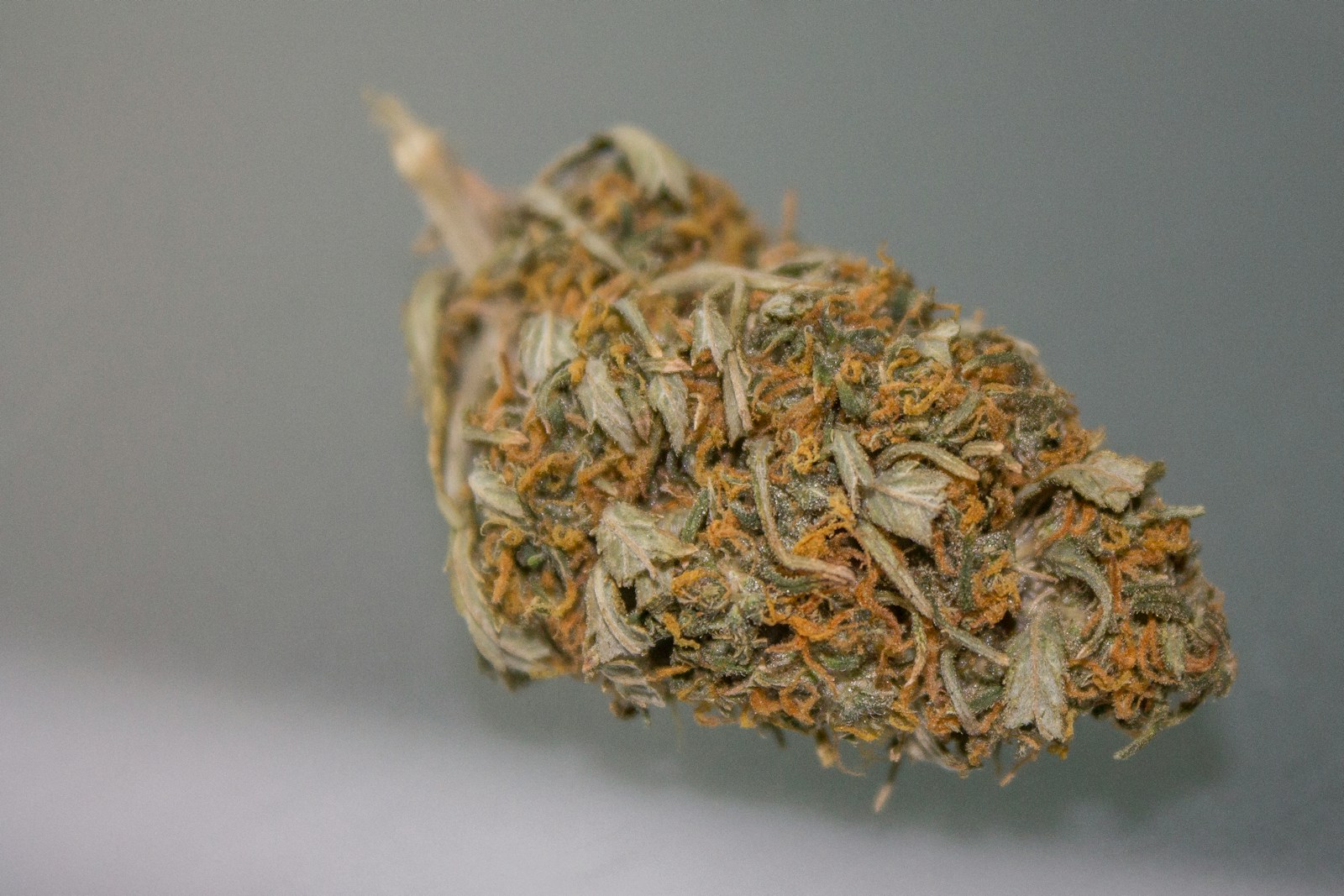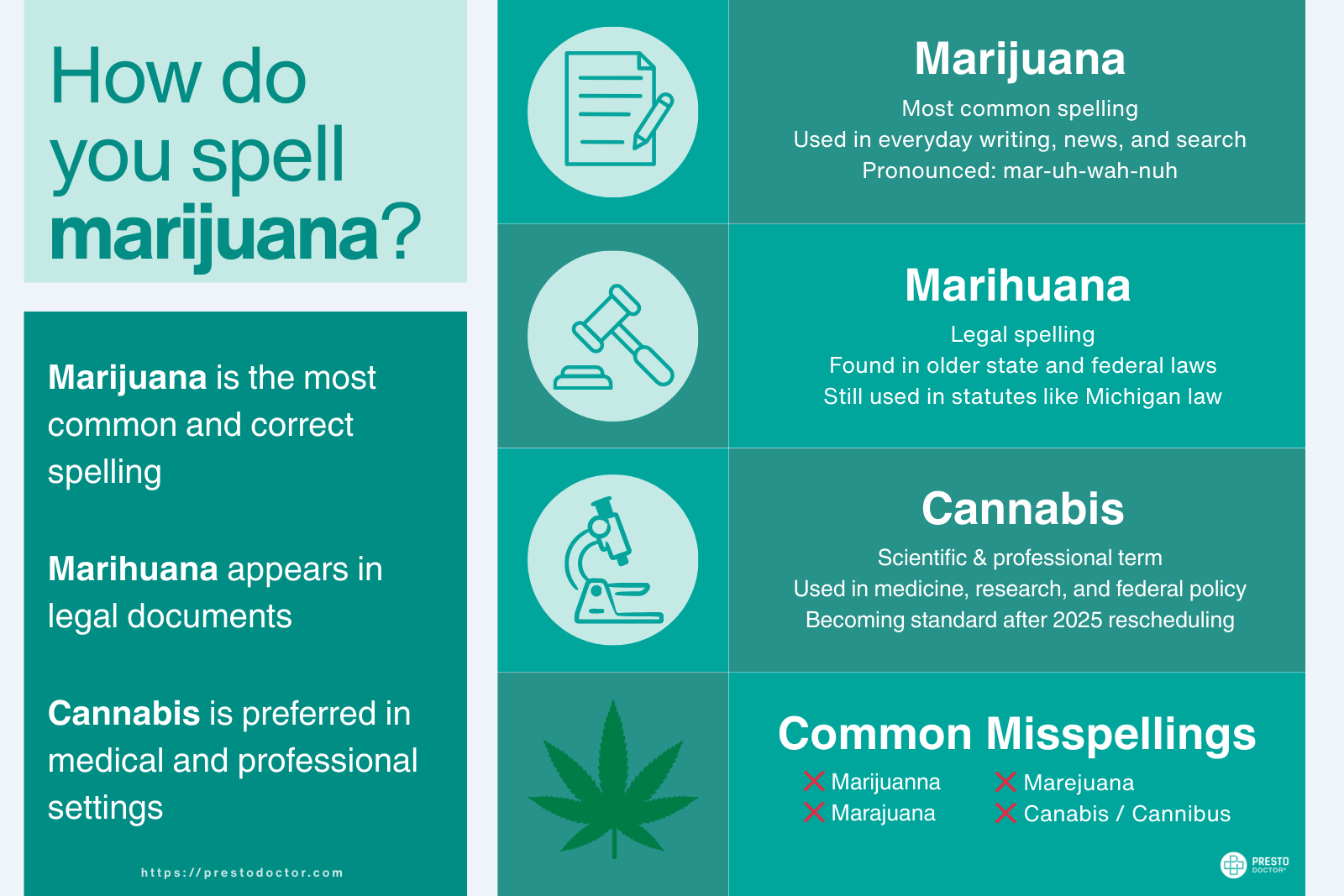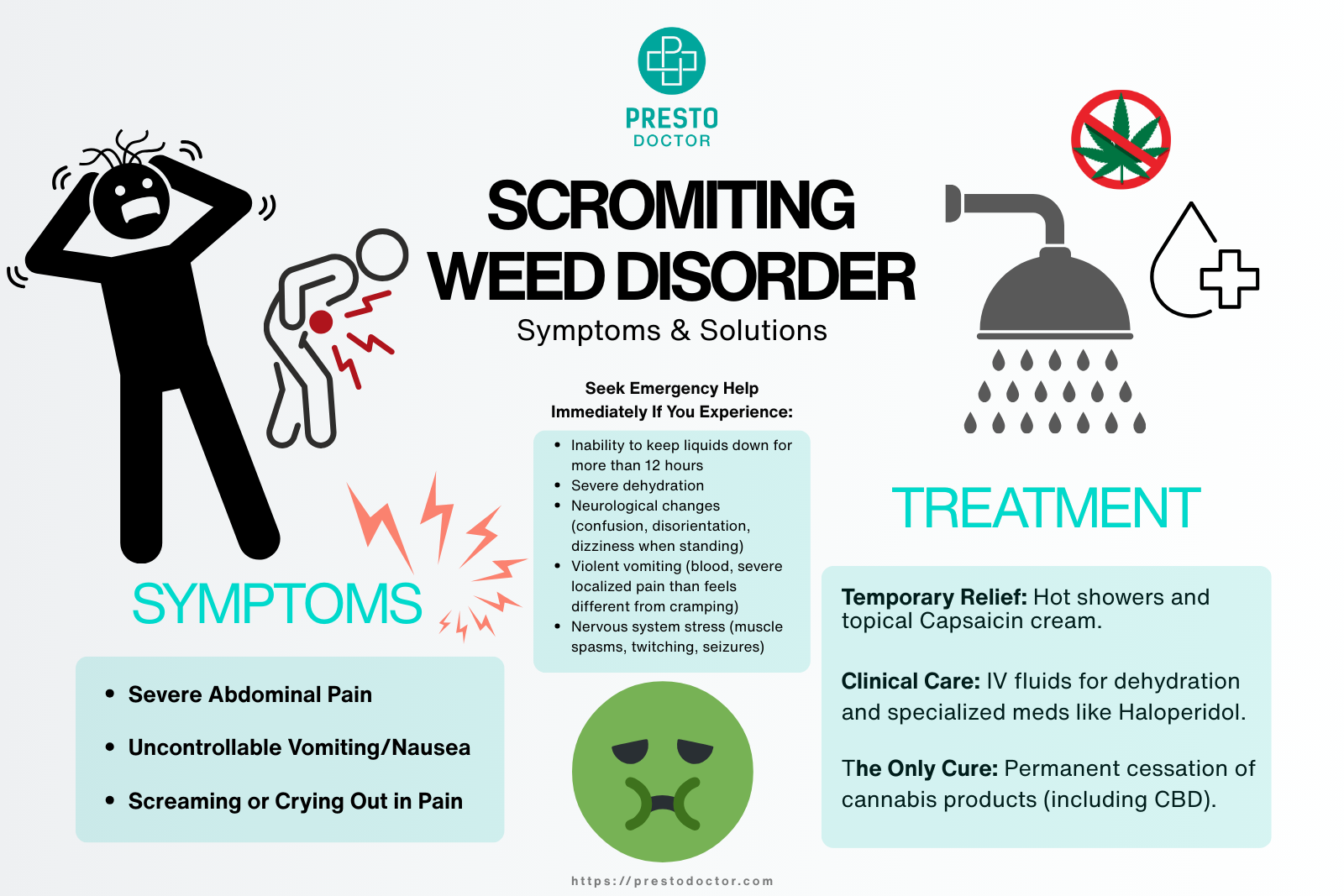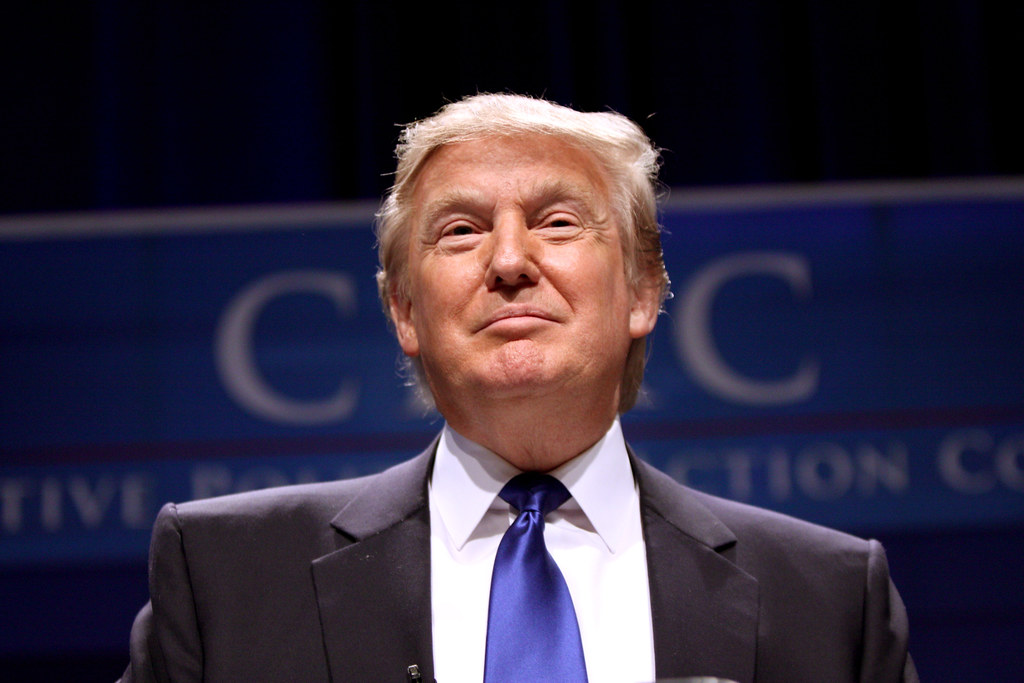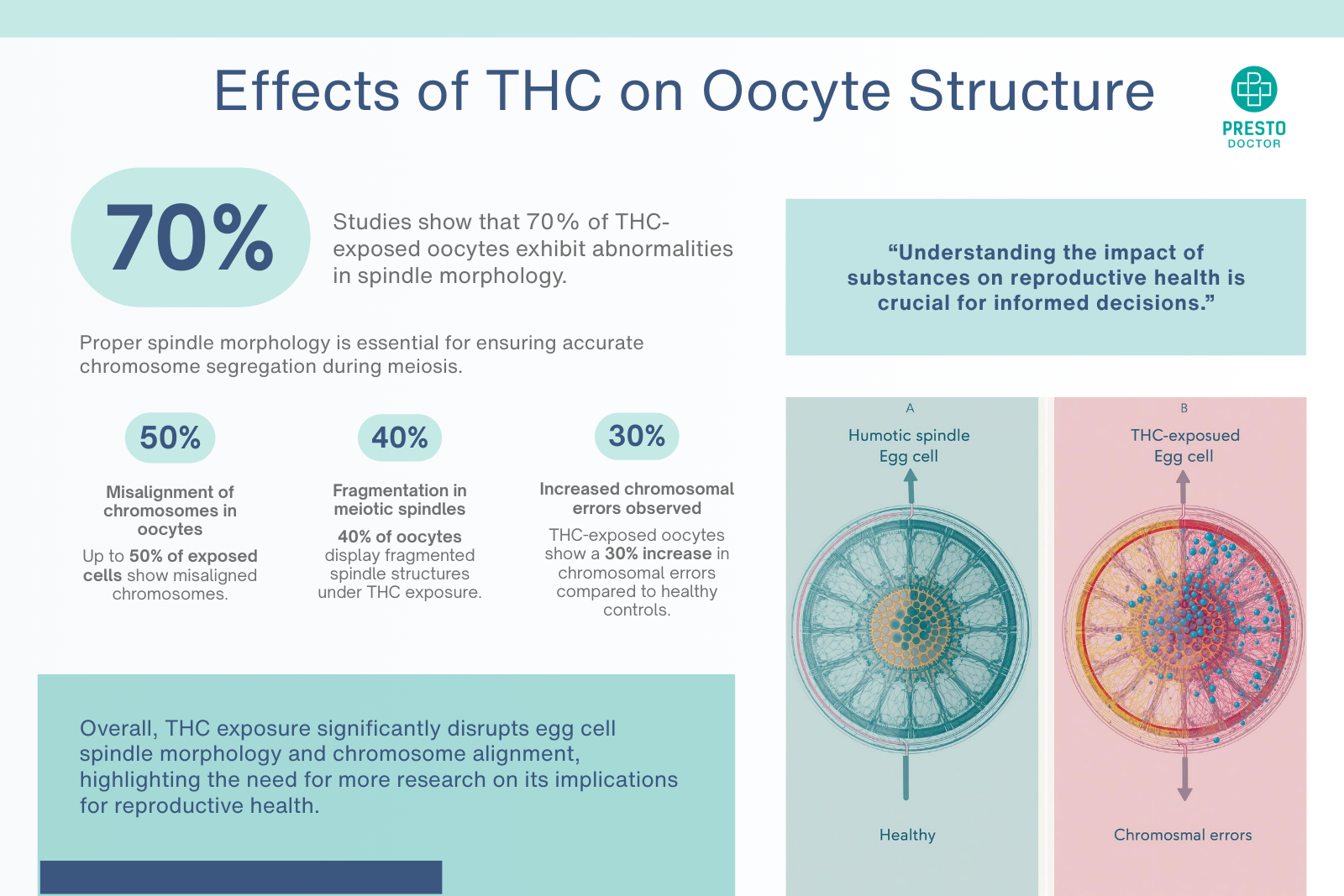
Marc Fogel’s recent release from a Russian prison has reignited discussions on the legal consequences of medical marijuana use across international borders. The American teacher was detained in Russia for carrying medically prescribed marijuana, leading to a 14-year sentence in a penal colony. His case, which echoes that of WNBA star Brittney Griner, highlights the complexities of international drug laws, diplomatic negotiations, and medical cannabis policies. Additionally, Russia has strict drug laws in place that have harsh consequences if disregarded. This article explores the details of Fogel’s arrest, his eventual release, and the broader implications for medical marijuana users traveling abroad.
Who is Marc Fogel?
Marc Fogel is an American history teacher from Butler, Pennsylvania. He dedicated his career to teaching in international schools worldwide, including in Colombia, Malaysia, Oman, Venezuela, and Russia. Since 2012, he had been teaching at the Anglo-American School in Moscow, a prestigious institution serving children of diplomats and expatriates.
In the summer of 2021, Fogel was preparing to retire after one more year in Moscow. However, upon his return from vacation, his life took an unexpected turn when he was arrested at a Russian airport.
Marc Fogel’s Arrest in Russia
On August 14, 2021, Fogel was detained at Moscow’s Sheremetyevo International Airport after authorities found a small amount of cannabis in his luggage. He claimed the marijuana was medically prescribed for his chronic back pain.
Russian courts convicted Fogel of drug smuggling and possession, sentencing him to 14 years in a high-security penal colony. His case drew international attention, with many arguing that his punishment was disproportionate. The U.S. State Department eventually designated him as “wrongfully detained.”
The Role of Medical Marijuana in Fogel’s Case
Fogel’s defense centered on his medical use of cannabis. As an American citizen, he was legally prescribed marijuana for pain management. However, Russia has some of the world’s strictest drug laws, and marijuana remains illegal in all forms.
His case paralleled that of Brittney Griner, who was also detained in Russia for carrying cannabis oil. However, Fogel did not receive the same level of media coverage or diplomatic prioritization initially, leading to criticism of the U.S. government’s response.
Diplomatic Efforts for Marc Fogel’s Release
Following his arrest, Fogel’s family and U.S. lawmakers pushed for his release. Pennsylvania Representative Mike Kelly, along with bipartisan supporters, urged the government to classify him as wrongfully detained. However, during the Biden administration, his case was not given the same urgency as others.
Fogel’s mother, Malphine Fogel, even sued the U.S. State Department, arguing that her son had not been given adequate support compared to other detained Americans. The case remained stagnant until the Trump administration took over in 2025.
The Prisoner Swap That Led to Fogel’s Freedom
After more than three years in Russian custody, Fogel was finally released in February 2025 as part of a prisoner exchange. According to reports, the U.S. agreed to release Russian cybercriminal Alexander Vinnik in exchange for Fogel’s freedom.
Vinnik, a Russian national, had been convicted of conspiracy to commit money laundering through cryptocurrency fraud. His release was a strategic move, demonstrating the complexities of diplomatic negotiations between the U.S. and Russia.
Trump Administration’s Role in Fogel’s Release
President Donald Trump played a significant role in securing Fogel’s release. Following negotiations with Russian President Vladimir Putin, Trump confirmed that the U.S. had arranged for a prisoner exchange. Trump’s national security advisor, Michael Waltz, emphasized that this exchange signified progress in broader diplomatic discussions, including potential peace talks regarding the Ukraine war.
Fogel personally met with Trump at the White House, expressing gratitude for the efforts made to bring him home. His family also released a statement thanking the administration for prioritizing his case.
Fogel’s Return to the U.S. and Public Reaction
Upon his return, Fogel reunited with his family and supporters. A widely circulated image showed him draped in an American flag, celebrating his freedom. The public reaction was a mix—while many praise the diplomatic effort, others question why Fogel remained overlooked for so long compared to high-profile detainees like Griner.
How Fogel’s Case Impacts U.S.-Russia Relations
Beyond Fogel’s personal relief, his release played a role in U.S.-Russia diplomacy. Reports indicate that after the exchange, Trump and Putin had a conversation about ending the Ukraine war. While the details remain unclear, this suggests that prisoner swaps could serve as a foundation for future negotiations.
The Future of Medical Marijuana in International Travel
Fogel’s ordeal underscores the dangers of carrying medical marijuana across international borders. Even though cannabis is legal in many parts of the U.S., travelers must be aware of local laws when visiting foreign countries.
The inconsistency in global cannabis policies means that even legal medical users risk severe consequences in certain jurisdictions. Experts advise travelers to check regulations before flying and seek alternative treatments when in restrictive countries.
Calls for Reform in U.S. and Global Drug Policies
Fogel’s case has renewed calls for international reform on medical marijuana recognition. Advocacy groups argue that global drug policies need revisiting to account for legitimate medical use. Some lawmakers are now pushing for protections for Americans traveling with medically prescribed cannabis.
Comparing Fogel’s Case to Brittney Griner’s
The stark difference in how the U.S. government handled Fogel’s and Griner’s cases has led to discussions on diplomatic priorities. While Griner’s celebrity status helped her case gain attention quickly, Fogel’s case languished until Trump’s intervention.
This disparity has fueled debates on whether all detained Americans receive equal treatment regardless of their public profile.
The Emotional Toll on Families of Detainees
Fogel’s family endured years of uncertainty and frustration. His mother, wife, and children fought tirelessly for his release, highlighting the psychological toll on families of detained Americans. Advocacy groups continue to push for better support for families navigating these complex situations.
What Happens Next for Marc Fogel?
Now back home, Fogel has the opportunity to rebuild his life. It is unclear whether he will continue teaching or advocate for detained Americans. His case will likely be a reference in future policy discussions about medical marijuana and international detentions.
Russia’s Drug Policy
Russia has some of the strictest drug laws in the world, with a zero-tolerance policy for marijuana in any form. Cannabis is classified as a prohibited narcotic, and possession of even small amounts can result in severe penalties, including hefty fines, lengthy prison sentences, or forced labor. Unlike in many Western nations where medical marijuana is available in the form of a legal prescription, Russia does not recognize its medicinal use. Foreigners caught with cannabis, even if medically prescribed in their home country, face the same harsh consequences as Russian citizens. This strict legal stance played a significant role in Marc Fogel’s case, as Russian authorities treated his possession of medical marijuana as drug smuggling rather than a medical necessity, leading to his 14-year prison sentence.
Conclusion
Marc Fogel’s case sheds light on the dangers of international travel for medical marijuana users, the inconsistencies in diplomatic efforts for detained Americans, and the role of prisoner swaps in U.S.-Russia relations. While his release marks the end of a long ordeal, it also raises important questions about international drug policies, diplomatic priorities, and justice for detained Americans.
FAQs
1. Was Marc Fogel wrongfully detained?
Yes, the U.S. State Department classified him as wrongfully detained in December 2023.
2. How did Marc Fogel get released?
He was freed in a U.S.-Russia prisoner swap in exchange for Russian cybercriminal Alexander Vinnik.
3. Did medical marijuana play a role in his arrest?
Yes, Fogel’s arrest was due to the fact he was carrying medical cannabis. He had been using medical marijuana for chronic pain. However, Russia strictly prohibits marijuana.
4. What impact did his release have on U.S.-Russia relations?
His release was also a tie to broader diplomatic discussions, including negotiations on ending the Ukraine war.
5. What should medical marijuana users learn from this case?
Travelers must be cautious, as medical marijuana is illegal in many countries and can lead to severe penalties.
6. Are Drugs Legal in Russia?
Russia has strict drug laws, with a zero-tolerance policy for marijuana in any form. This is despite Russia’s drug laws that have changed over time.

